| Since the fall of the Taliban Government in Afghanistan, education has become one of the key priorities in the process of reconciliation, reconstruction and development agreed to in Bonn (Government of the Federal Republic of Germany 2001). The Ministry of Education has had to respond to a number of crucial issues in the drastic and rapid reconstruction and transformation process. Not least of these are issues related to quality—classroom teaching, the curriculum, teacher preparation. The Ministry’s Compilation and Translation Department was charged with developing a new Curriculum Framework for basic education in Afghanistan, and, with the assistance of international organizations, revising textbooks in light of that new framework. This paper considers the gap between intended curriculum as represented by an ambitious and progressive new Curriculum Framework and the implemented curriculum, as observed in primary school classrooms. The paper reports on the processes by which teachers’ guides were developed and teachers trained and on largely positive effects of the introduction of these teachers’ guides. The paper concludes with several recommendations as to improvements in the quality of teaching and teacher education in Afghanistan. |
Author(s): Y. Ono, C. Kensuke, , and et al.
Year Published: 2007
Language: English
Country: Afghanistan


